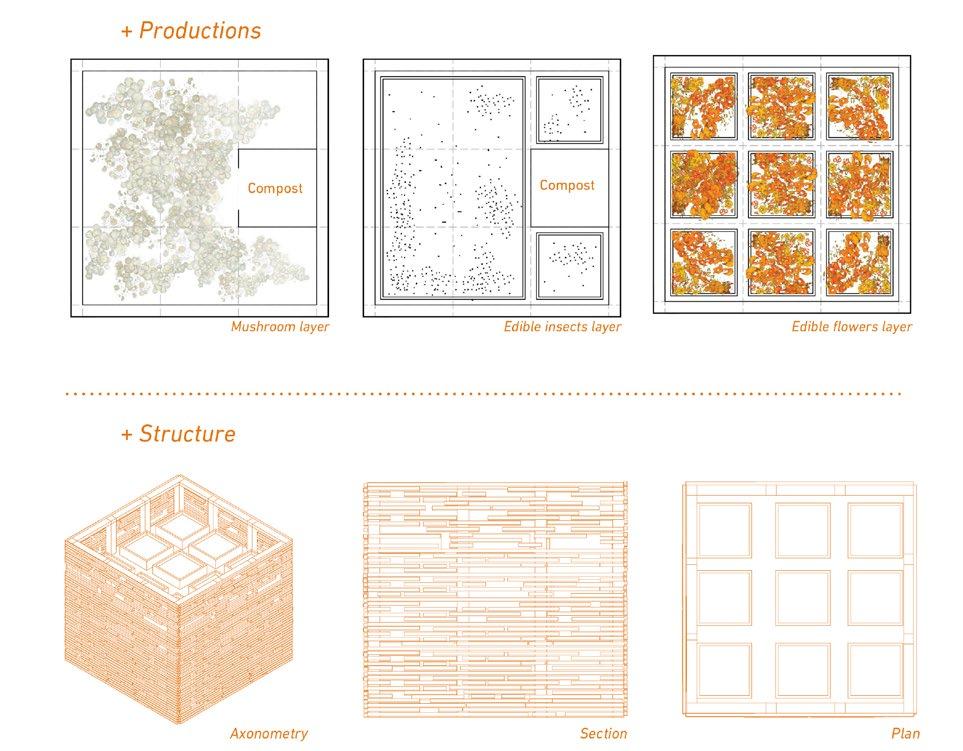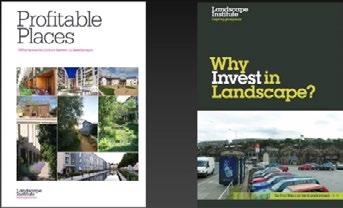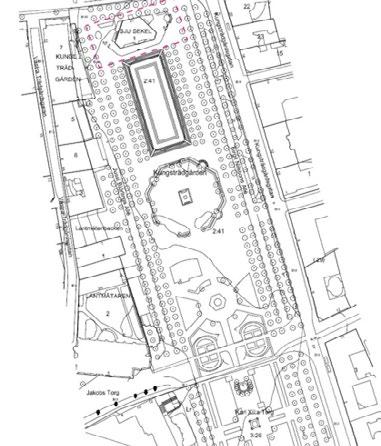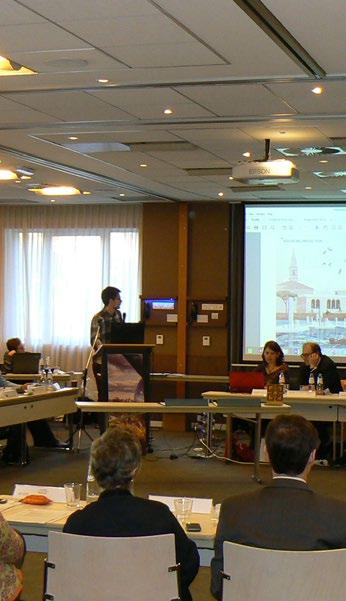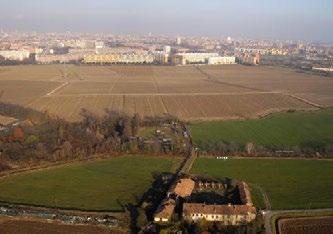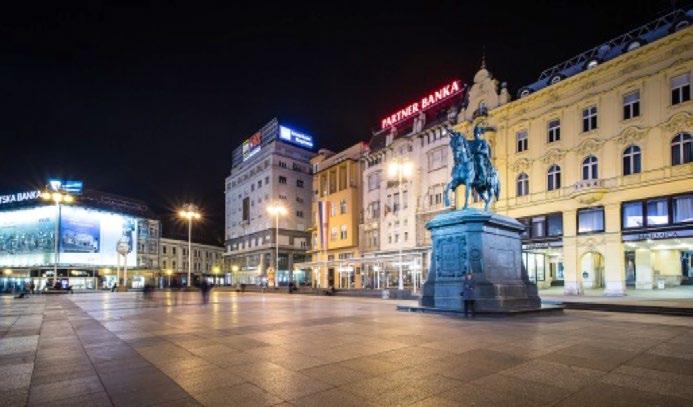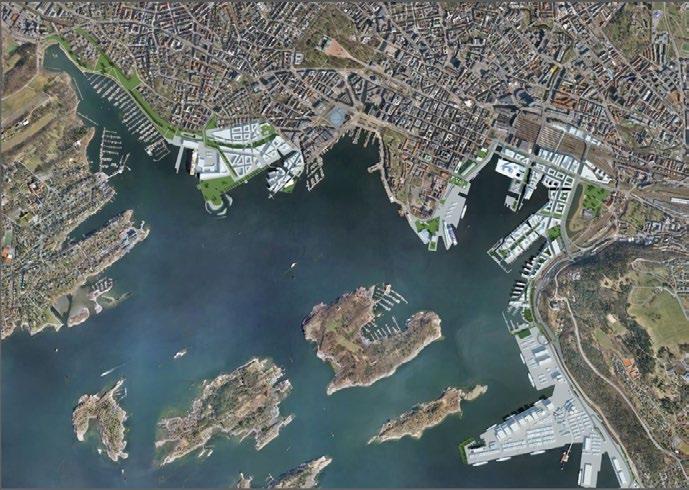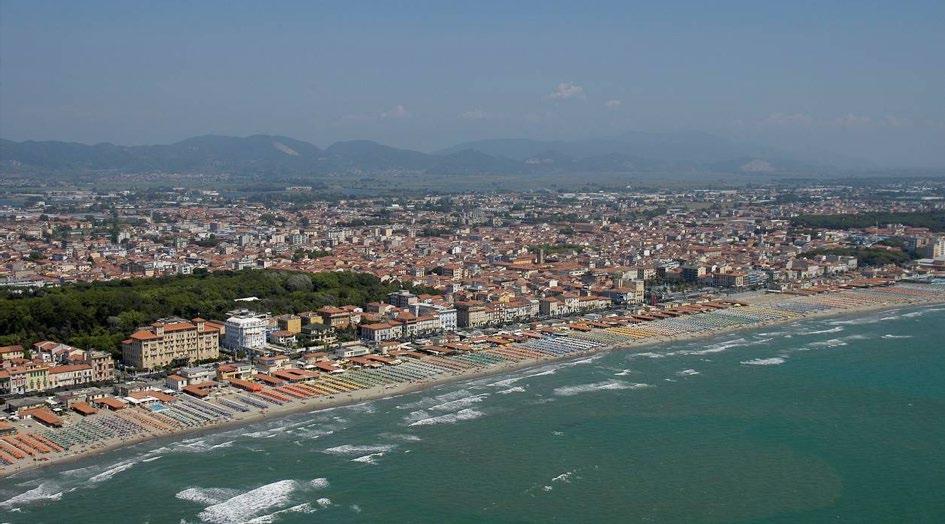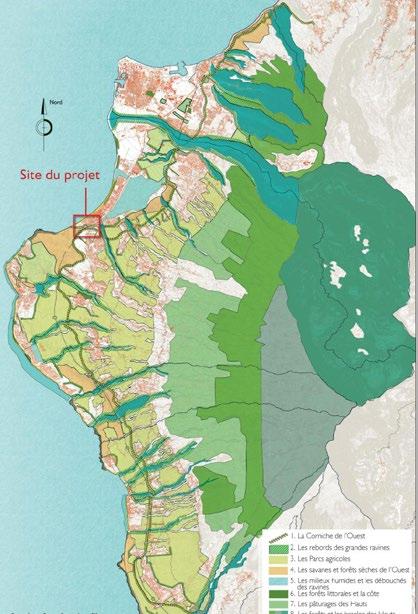IFLA EUROPE YEARBOOK 2016
Rethinking urban landscape resolution
For the first time in history, more than half the population of the planet lives in cities, which are now bigger than ever. These settlements are presenting unprecedented challenges to society and disrupting our relationship with the natural environment. Understanding cities as landscapes will provide for opportunities linking the past, the present and the future in order to achieve social justice, sense of place, economic health and ecological integrity. The undersigned, as representatives of the 34 National Associations of the European Region of the International Federation of Landscape Architects, having considered Urban Landscapes at our General Assembly in Brussels 2016, and wanting thus to contribute to the III UN Habitat Conference and the Urban Agenda, make the following statement:
WE BELIEVE
Urban landscapes are dynamic, places where people express their will to live together, inspiring social and economic transformations. Urban landscapes are alive, organic systems which rely on nature and its processes to create healthy environments. Understanding the need for holistic planning, as cities are at the centre of economic growth and innovation, generating most of the continent’s prosperity, but their diversity and complexity makes them particularly vulnerable to social and environmental problems. Realising that social cohesion was traditionally ensured by the tight integration that existed between individuals as well as a sense of belonging to the place they inhabited. Relentless urbanisation has created an urban society with changing lifestyles that increase identity problems and social alienation. Recognising that continuous urbanisation is causing worldwide problems such as the deterioration of ecological systems due to urban pressures, conventional major infrastructure and agricultural intensification, while neglecting rural landscapes. This leads to threats to public health which, exacerbated by climate change, will adversely affect urban communities. Acknowledging that economic growth models have had a tremendous impact on cities. They have become ravaged by poverty, lack of employment, precarious housing, social conflict and violence. These problems are very likely to intensify with the unrelenting migration of people to cities, and the continued liberalisation of global markets.
79



